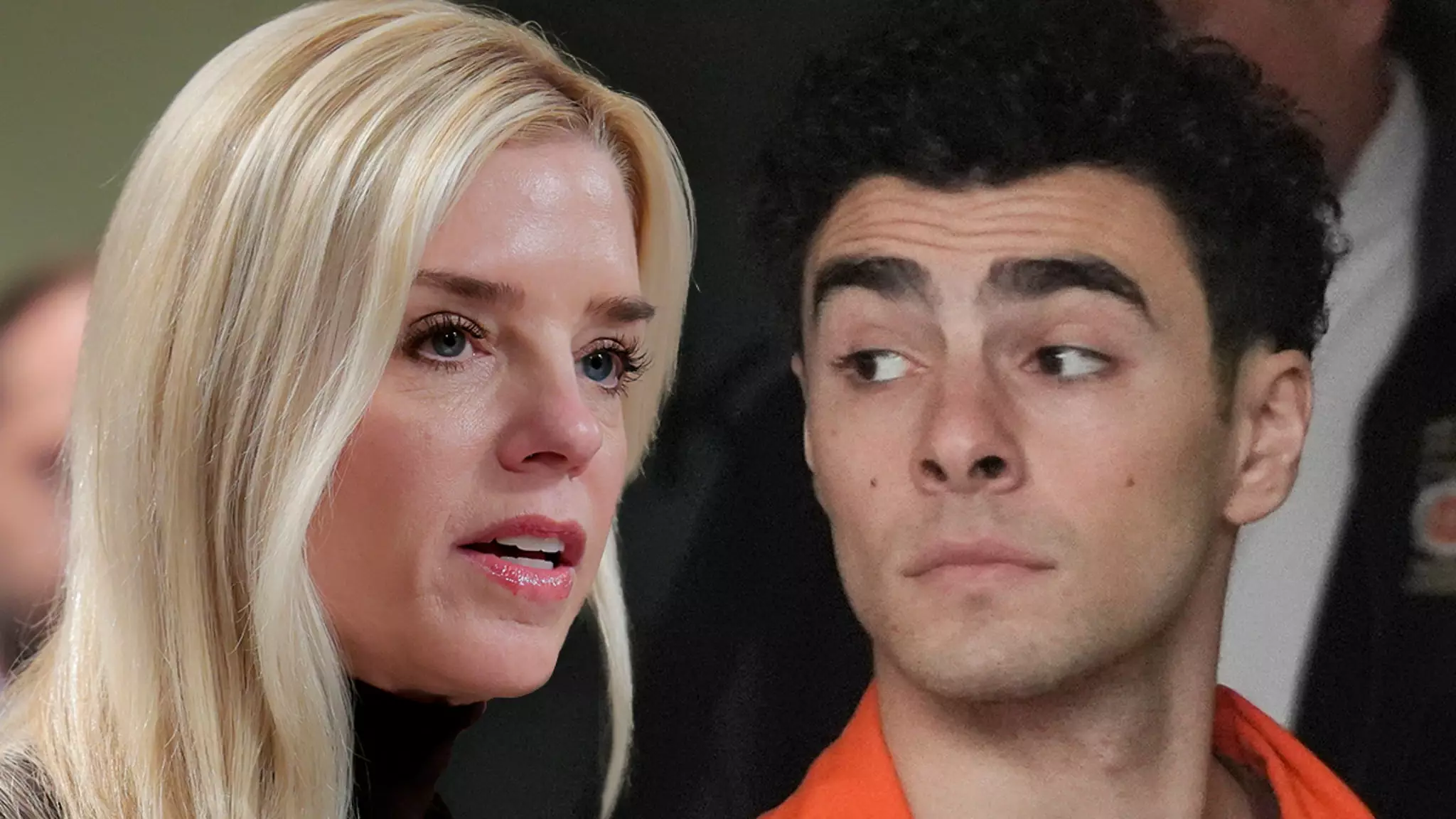The case of Luigi Mangione, poised to enter the annals of America’s justice system, offers a dark reflection of the complexities surrounding crime, punishment, and political maneuvering. Allegedly implicated in the murder of UnitedHealthcare CEO Brian Thompson, Mangione now finds himself at the epicenter of a fierce battle between state and federal jurisdictions. The Attorney General’s decision to pursue the death penalty against him not only amplifies the stakes but also highlights the underlying issues plaguing America’s legal landscape.
Influence of Political Motives
Attorney Karen Agnifilo’s fierce criticism of the Justice Department’s approach raises pertinent questions about the motivations driving such drastic measures. Her assertion that the push for Mangione’s execution embodies political warfare rather than justice resonates with an unsettling reality—the intersection of crime with political agendas. The Justice Department, under the leadership of figures like U.S. Attorney General Pam Bondi, appears to be weaponizing the legal system, invoking the rhetoric of public safety while pursuing a course of action that some may label as state-sponsored barbarism. This dichotomy serves to illustrate the conflict between an administration’s agenda and the principles of law that are supposed to govern civil society.
The Weight of Dual Charges
Luigi Mangione’s situation is further complicated by the myriad of state and federal charges he faces. From allegations of murder to firearms offenses, each layer adds another dimension to an already convoluted narrative. The emotional and psychological ramifications of enduring not only a murder charge but an arsenal of legal accusations must weigh heavily on Mangione. In a legal system that often prioritizes efficiency over justice, one must wonder whether the true complexities of his situation are being considered—or if he is merely a pawn in a larger political game.
The Public’s Role in Justice
As the case unfolds, public sentiment appears divided; many gather outside courthouses to rally in support of Mangione, suggesting a significant following that sees him not as a mere perpetrator but as a human being ensnared in systemic failures. This display reflects a growing discontent with a legal framework perceived as both draconian and unfair. The potential imposition of the death penalty in this case raises a broader ethical inquiry about justice in America. Are we, as a society, comfortable with the idea that the state can take a life in service of what’s often presented as public safety?
Implications for America’s Legal System
This case serves as a microcosm of the broader challenges inherent in the American justice system. It challenges advocates, lawmakers, and the public to take a critical look at the delicate balance between law enforcement, political aspirations, and moral convictions. If one thing is clear, it is that the issue transcends the specifics of Mangione’s alleged crimes; it is about what kind of society we want to be and whose lives we consider worth protecting or condemning.
The unfolding events surrounding Luigi Mangione may well open up discussions about the future of justice in America, and the ethical dilemmas that come with it. Each new detail provokes thought about the consequences of a legal system influenced by politics, highlighting not only the challenging realities facing individuals caught within it but also the resilience of public discourse in confronting these issues.

